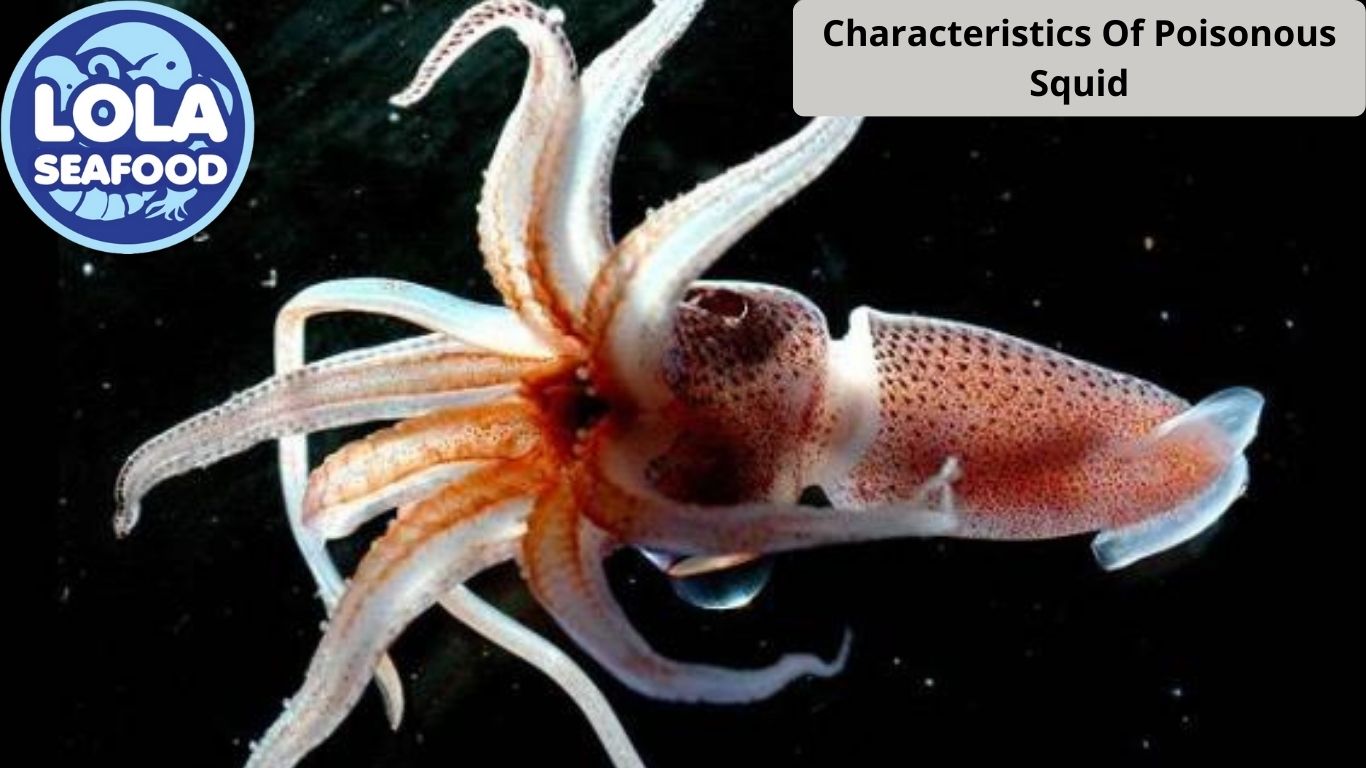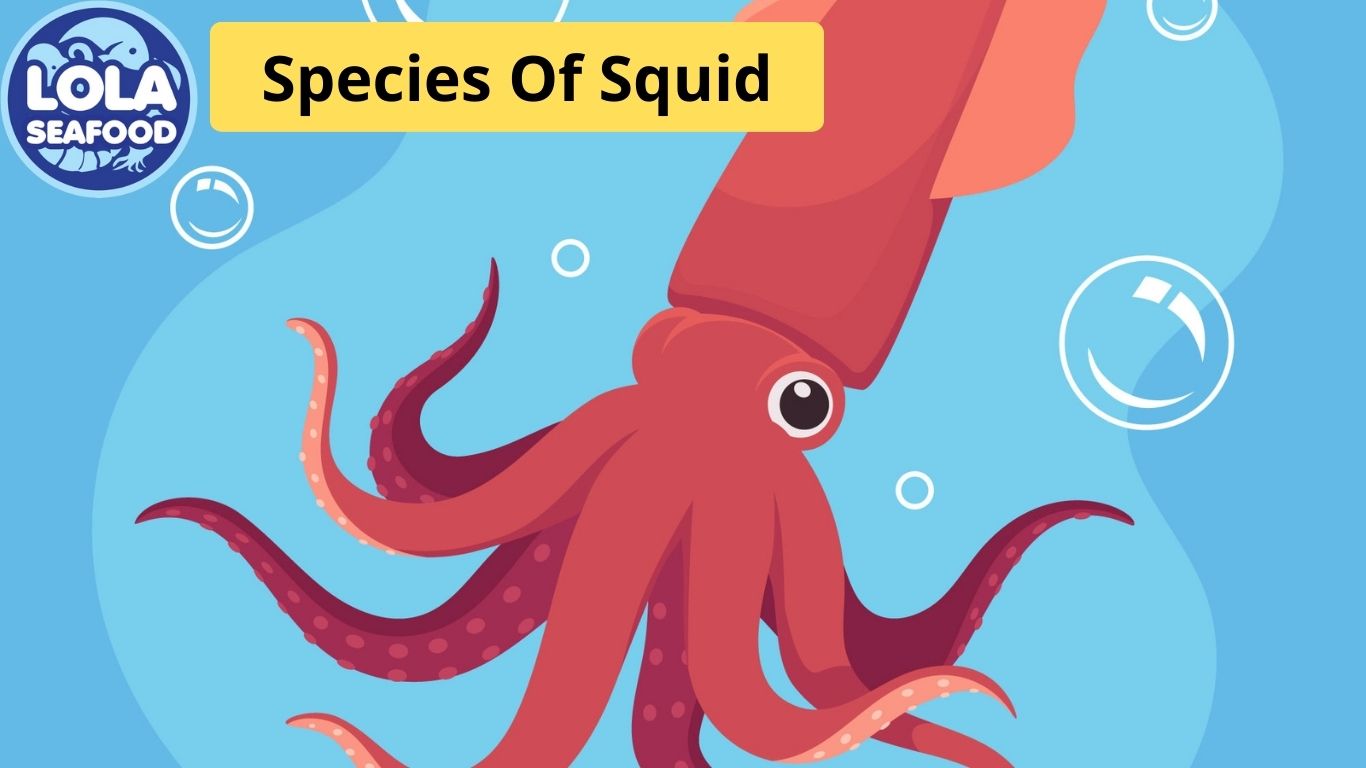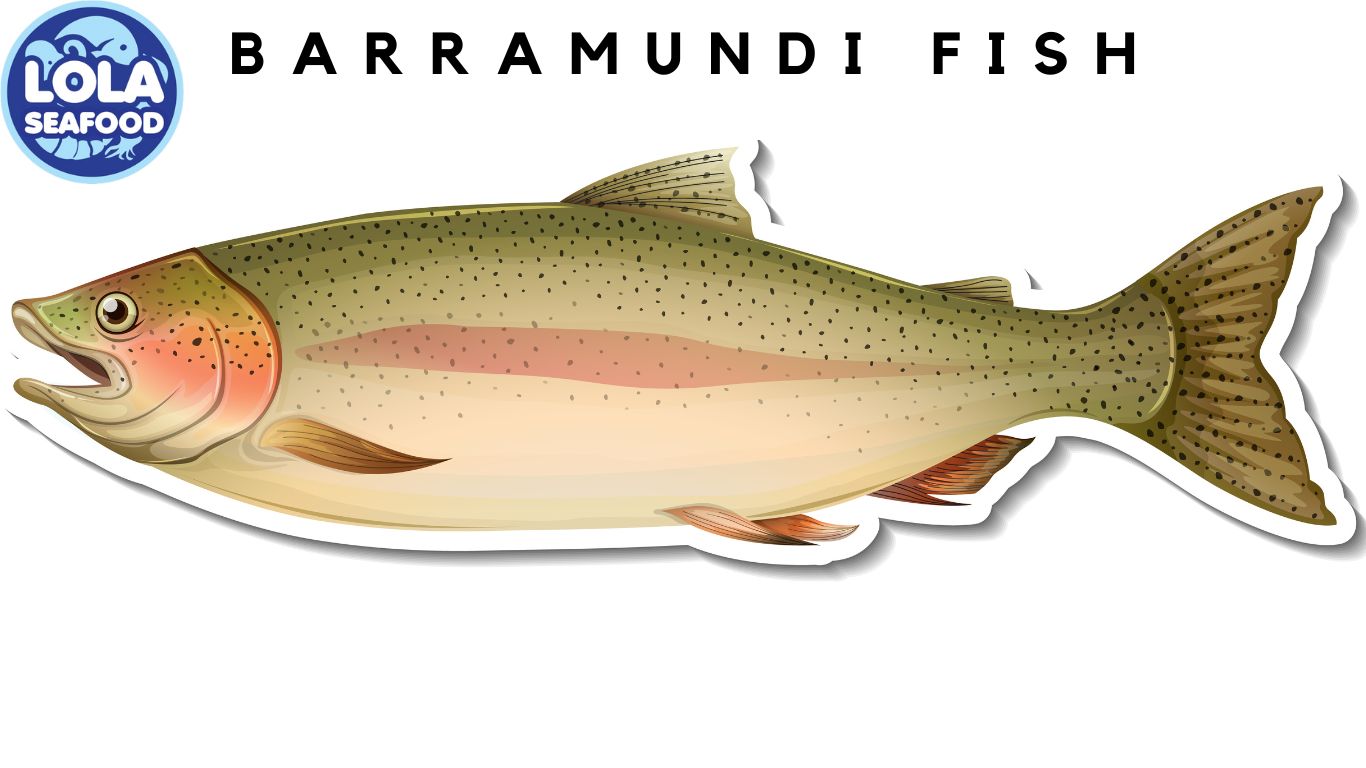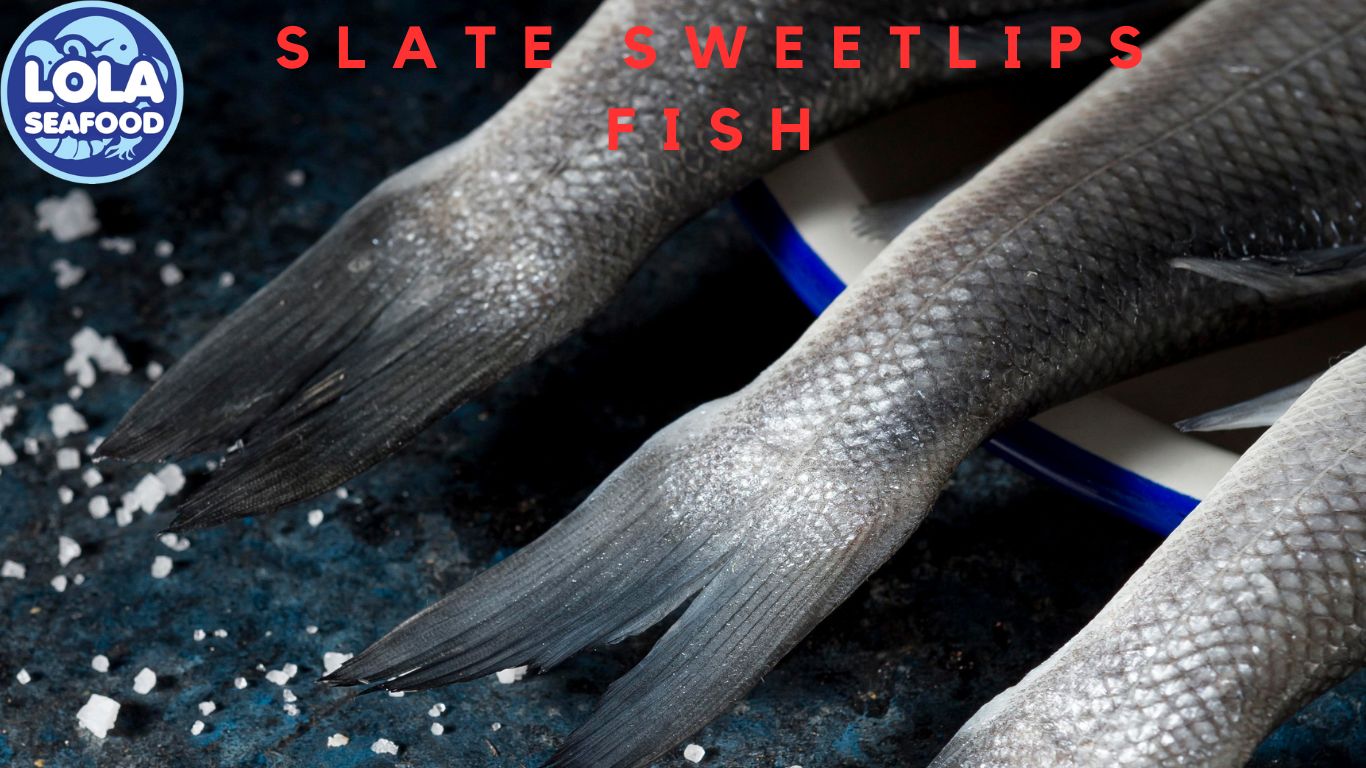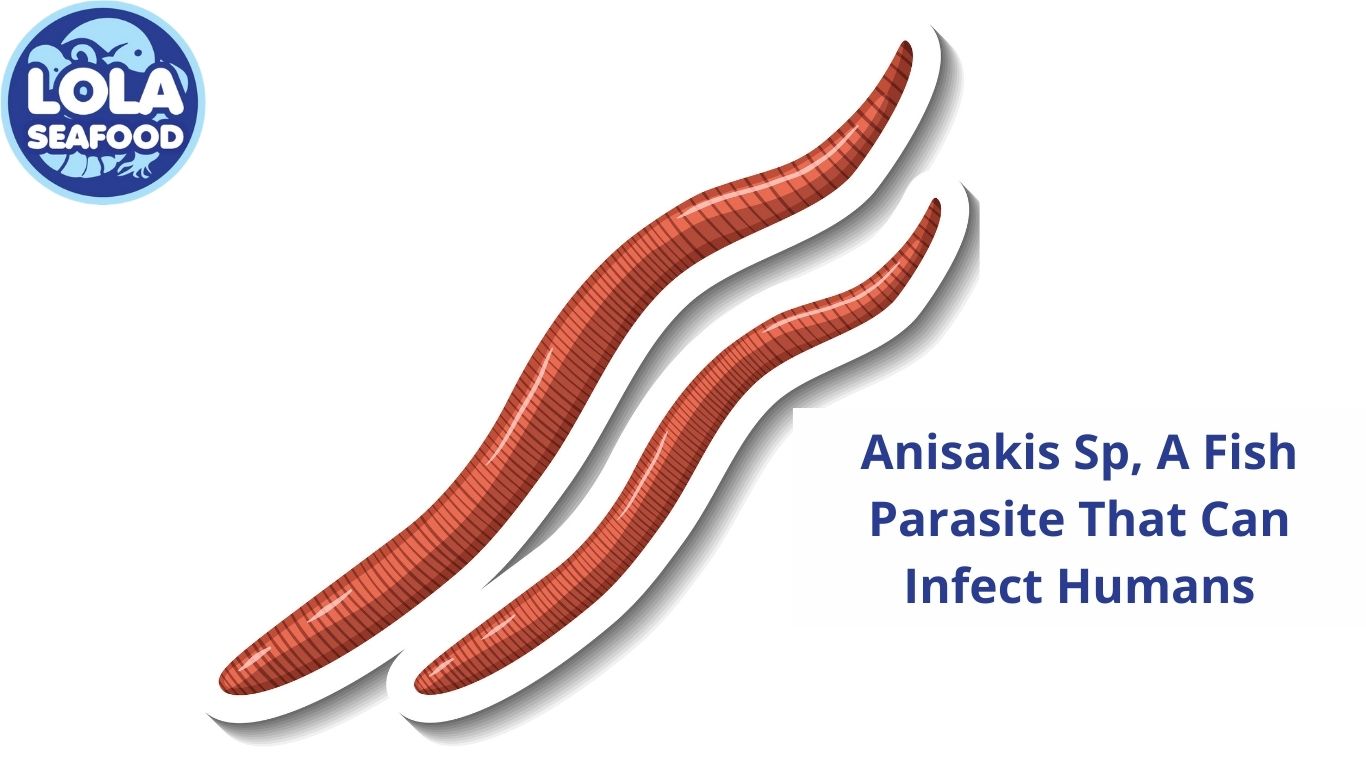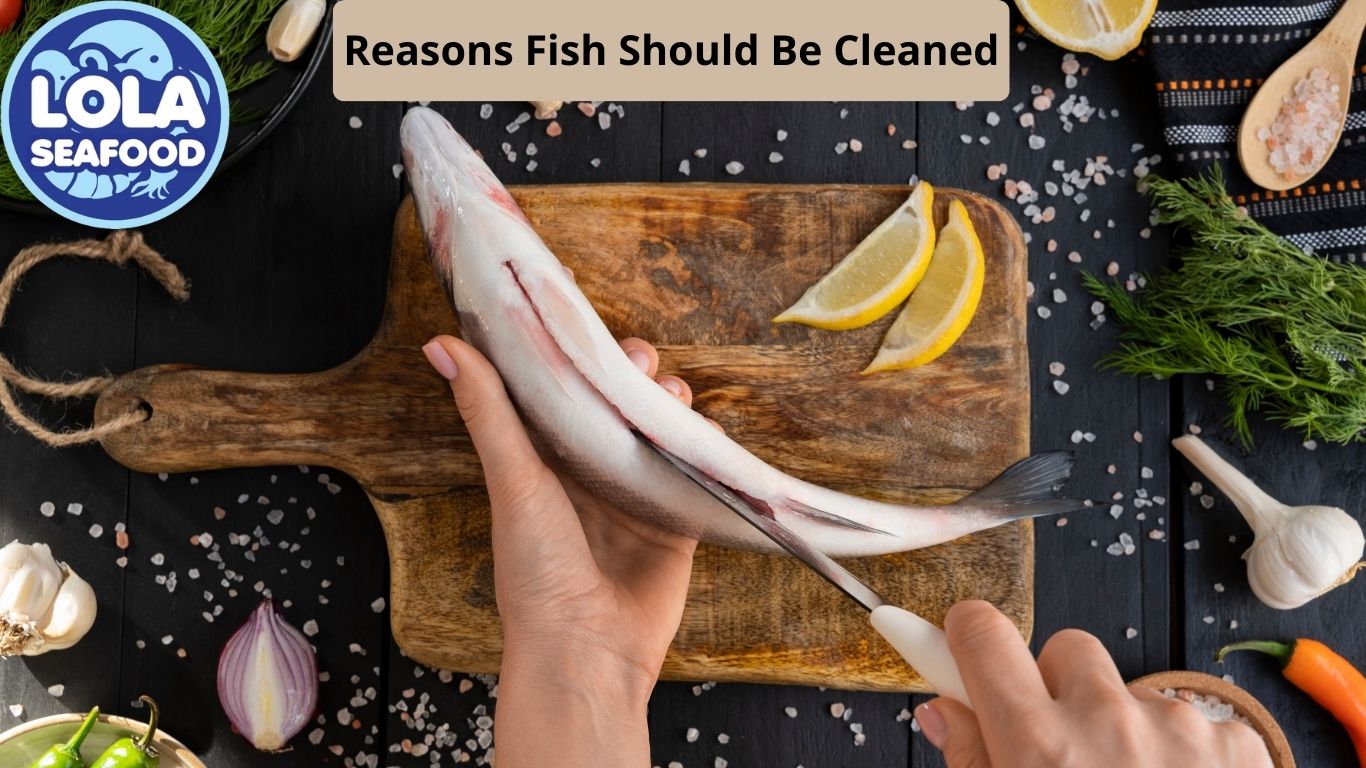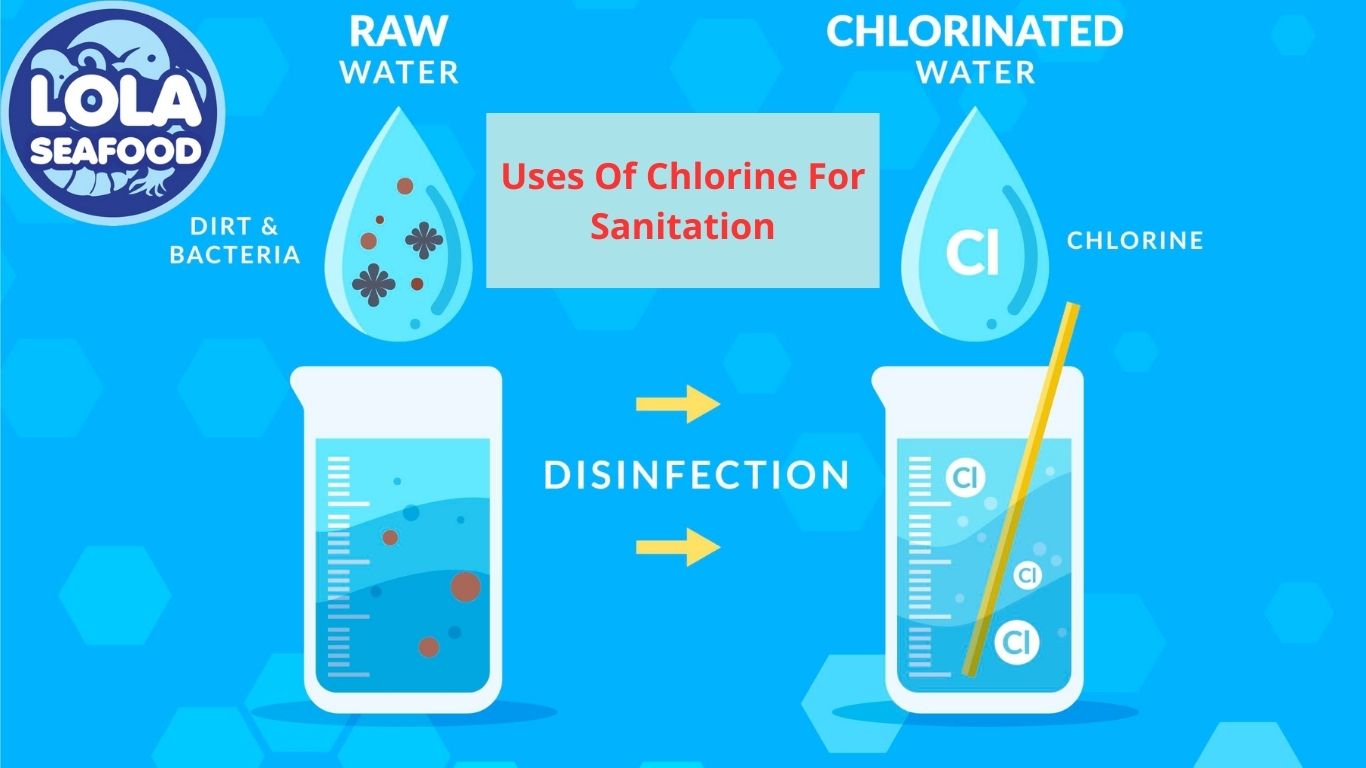Types Of Octopus That Are Dangerous To Consume
By. Najih - 03 Dec 2024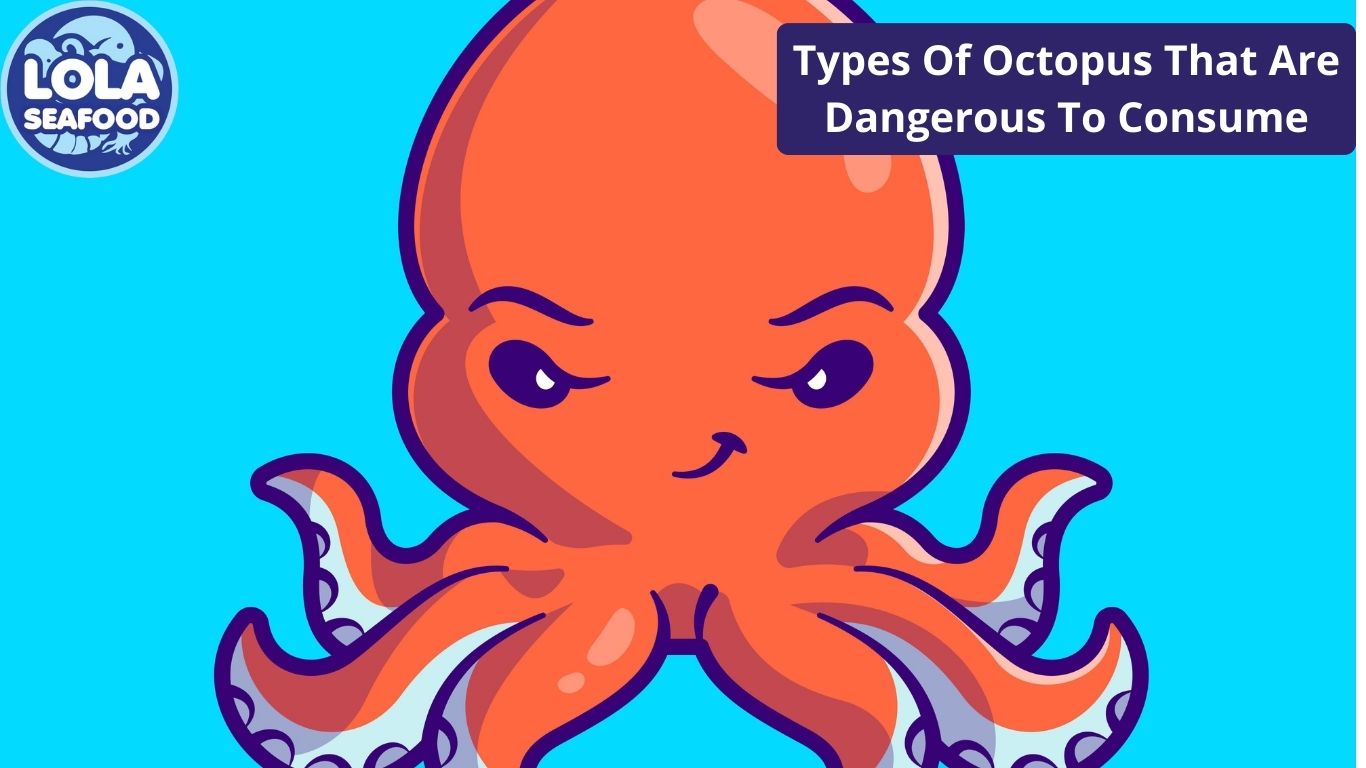
The blue-ringed octopus is a highly dangerous species if consumed. It contains a potent neurotoxin called tetrodotoxin, which can cause paralysis and respiratory failure in humans. Even a small amount of its venom can be fatal, as it has enough toxin to kill 26 adult humans within minutes. Here are some key points about the blue-ringed octopus and its dangers:
Characteristics of the Blue-Ringed Octopus
- Appearance: They are small, typically measuring 12 to 20 cm (5 to 8 in) in length, with distinctive yellowish skin and vibrant blue rings that become more pronounced when the octopus is threatened.
- Habitat: Found in tide pools and coral reefs in the Pacific and Indian Oceans, from Japan to Australia.
Toxicity and Effects
- Tetrodotoxin (TTX): This neurotoxin is produced by symbiotic bacteria in the octopus's salivary glands. It blocks sodium channels in nerves, leading to paralysis and respiratory failure.
- Symptoms of Poisoning: Initial symptoms may include nausea, vomiting, and dizziness, followed by rapid muscle paralysis. Victims often remain conscious but unable to move, leading to suffocation due to diaphragm paralysis.
- No Antidote: There is no known antidote for TTX; treatment is primarily supportive, focusing on maintaining respiration until the toxin is metabolized.
Incidents and Risks
- Human Encounters: Bites from blue-ringed octopuses are rare, but they can occur when individuals handle or step on them. Most reported bites have been accidental.
- Fatalities: Estimates of human fatalities due to blue-ringed octopus bites range from seven to sixteen over the past century, highlighting the potential danger if consumed or mishandled.
Precautions
- Avoid Handling: It is crucial to avoid touching or handling blue-ringed octopuses in the wild.
- Awareness: Educating oneself about the appearance and behaviour of these octopuses can help prevent accidental encounters.
The blue-ringed octopus is a beautiful yet deadly creature, and caution is essential when in their habitat. Culinary Considerations
- Consumption Risks: While some cultures may consider octopus a delicacy, consuming blue-ringed octopus is extremely dangerous and should be strictly avoided.
- Safe Alternatives: Other species of octopus, such as the common octopus, are safe to eat when properly prepared and cooked.
Understanding the risks associated with the blue-ringed octopus is vital for safety. Awareness and education can prevent dangerous encounters and ensure that individuals enjoy marine life responsibly. Always prioritize safety when exploring marine environments.
